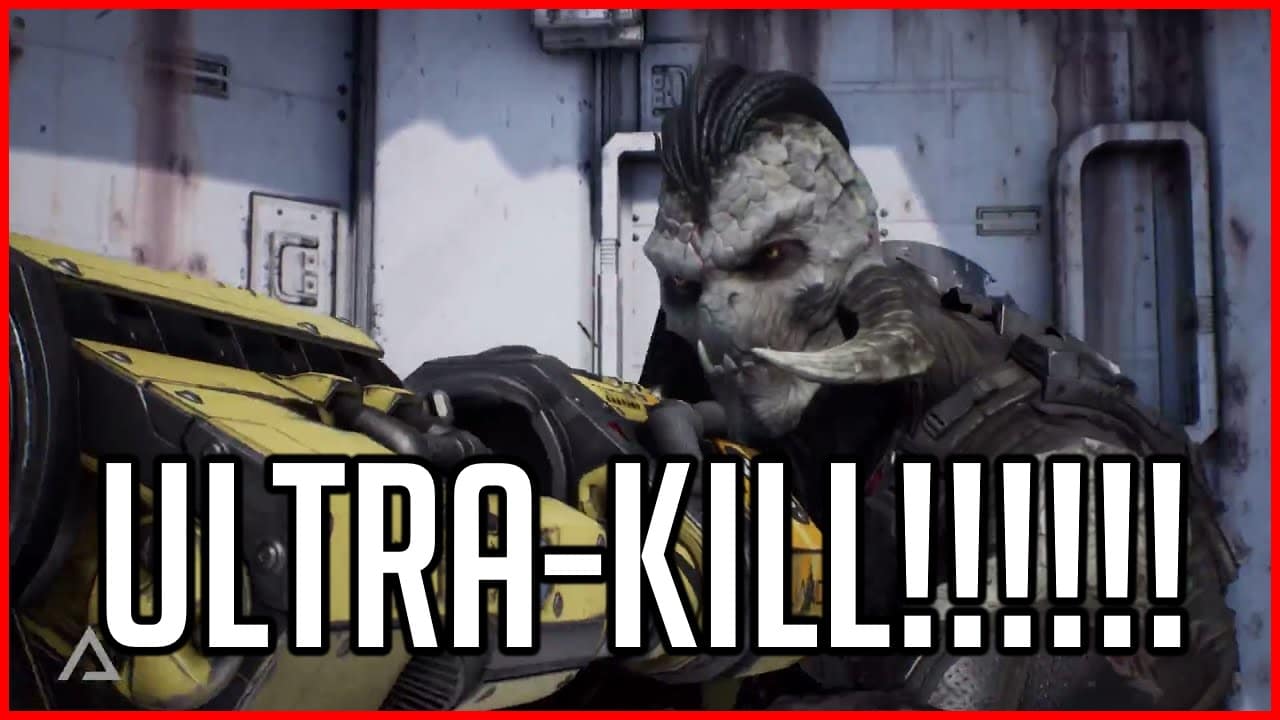The Legacy of In-Game Announcers in First-Person Shooters
Introduction to the Phenomenon
Have you ever found yourself immersed in a first-person shooter (FPS) game, only to be jolted by an enthusiastic announcer shouting phrases like “Double Kill!” or “Mega Kill!”? This unique feature has become a staple in many popular FPS titles, but have you ever wondered about its origins? As a long-time gamer, I’ve often pondered this question. A recent discussion on Reddit reignited my curiosity about the history behind these iconic voiceovers.
The Birth of In-Game Announcers
#### The Rise of DOOM and Quake
In the early days of FPS gaming, titles like DOOM and Quake dominated the scene. During this era, developers were eager to find ways to differentiate their games from one another. Epic Games emerged as a key player with their development of the Unreal Engine and its flagship title, Unreal Tournament.
Epic Games vs. ID Software
While ID Software was busy crafting sequels for their successful franchises—DOOM II and Quake II—Epic Games took a different approach with Unreal. Although it was an intriguing single-player experience, it struggled to capture the same audience as its competitors. Instead of continuing down that path, Epic collaborated with Digital Extremes to create Unreal Tournament, which would revolutionize multiplayer gaming.
Unreal Tournament: A Game-Changer
Introducing Character-Based Gameplay
Unreal Tournament introduced players to various characters each equipped with unique backstories and motivations for competing in intense matches. This innovative approach not only added depth but also set the stage for future hero shooters.
Iconic Maps and Gameplay Elements
One standout map from Unreal Tournament is Deck 16—a fan-favorite that has been recreated across multiple platforms including ID Software’s own Quake III Arena. However, what truly set Unreal Tournament apart was its dynamic announcer system.
The Impact of In-Game Announcers
Whenever players achieved significant milestones during gameplay—like scoring headshots or multi-kills—the announcer would enthusiastically declare their accomplishments: “Killing Spree!” “Monster Kill!” These announcements created an exhilarating atmosphere that resonated deeply with gamers at the time—and continues to do so today.
Lasting Influence on Modern Titles
The legacy of Unreal Tournament’s announcer can be seen in contemporary games such as Halo Infinite where similar vocal cues are employed during gameplay moments. Even genres outside traditional FPS have adopted this feature; Valve’s DOTA 2 included voice packs featuring Gabe Newell himself!
What Happened to Unreal Tournament?
Despite its initial success and subsequent sequels, Unreal Tournament struggled to maintain relevance among newer generations who gravitated towards titles like Halo and Call of Duty—games that evolved beyond arena shooters into more expansive experiences.
Attempts at Revival
In 2014, Epic Games announced plans for a reboot aimed at rekindling interest in Unreal Tournament while still focusing on Fortnite’s development efforts. Collaborating closely with community members—including veteran players—they sought input from fans while utilizing assets from previous iterations like Unreal Tournament 3.
However, despite ambitious plans including cross-platform support and community-driven content creation through marketplaces—the project faced setbacks leading Epic Games to shelve it by 2017 as resources shifted back toward Fortnite development.
Conclusion: A Lasting Legacy
Though fans can still access elements from the canceled reboot via downloads on platforms like Epic Games Launcher—the future remains uncertain for this beloved franchise. Nevertheless, one thing is clear: The influence of Unreal’s groundbreaking features—including its iconic in-game announcer—will continue shaping first-person shooters well into the future.
